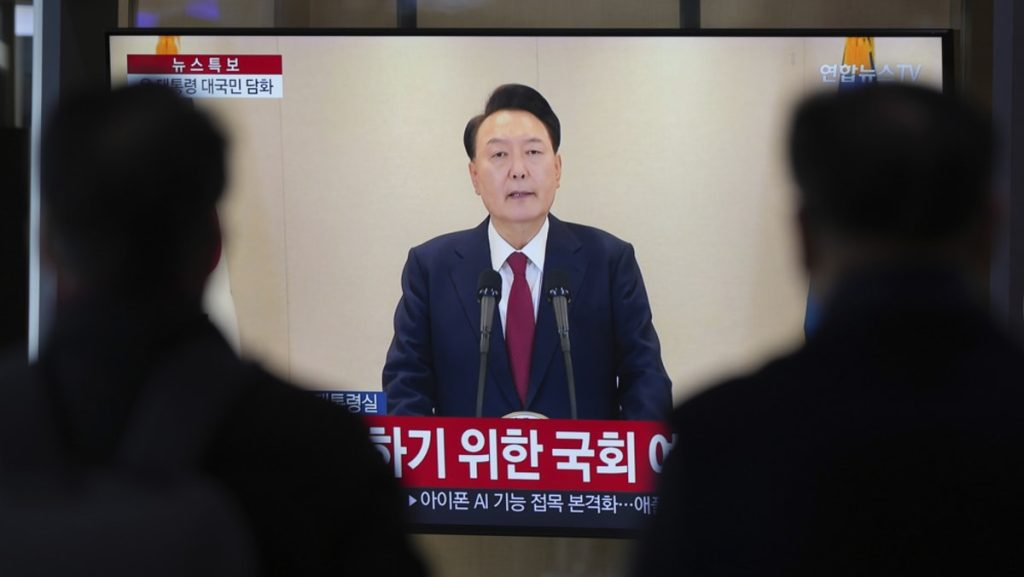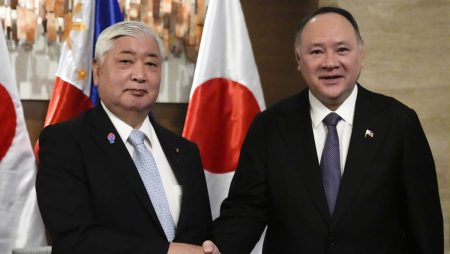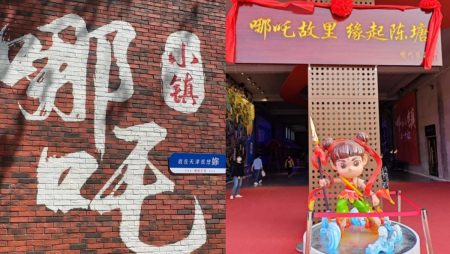The impending impeachment vote against President Yoon Suk-yeol has plunged South Korea into a period of profound political uncertainty. The ramifications of this vote, regardless of the outcome, are likely to reverberate through the country’s political landscape for months to come. The immediate future hinges on the Constitutional Court’s deliberation, a process fraught with procedural hurdles and potential delays.
Should the impeachment vote succeed in the National Assembly, the case will be referred to the Constitutional Court. This judicial body bears the responsibility of determining the validity of the impeachment charges and ultimately deciding President Yoon’s fate. However, the Court’s ability to function effectively is currently hampered by a vacancy, leaving only six justices on the bench. A quorum of seven justices is required to render a verdict, raising concerns about the Court’s capacity to even hear the case. If this quorum issue remains unresolved, the impeachment proceedings could be stalled indefinitely, creating a constitutional crisis and further destabilizing the political environment.
Assuming the Constitutional Court manages to convene a seven-justice panel, the legal battle is expected to be protracted. Experts predict that the court proceedings could last three to four months, during which time the country would be governed by the acting president, Prime Minister Han Duck-soo. This interim period would likely be characterized by policy paralysis and heightened political tension as the nation awaits the Court’s decision. The extended period of uncertainty could also negatively impact South Korea’s economy and its standing on the international stage.
If the Constitutional Court ultimately upholds the impeachment, President Yoon would be removed from office, triggering a snap presidential election within 60 days. This scenario would likely see a highly contentious and polarized election campaign, potentially exacerbating existing political divisions. The likely timeframe for such an election would be May or June, further disrupting the country’s political calendar and potentially impacting legislative priorities. The outcome of this snap election would significantly reshape the political landscape and set the course for South Korea’s future direction.
Conversely, if the Constitutional Court rejects the impeachment charges, President Yoon would be reinstated and resume his presidential duties. However, even in this scenario, the political fallout from the impeachment process would likely linger. The impeachment attempt itself signifies a deep fracture within the political system, and President Yoon’s legitimacy and authority could be significantly weakened, making it difficult for him to effectively govern. He would likely face continued opposition and resistance from his political adversaries, hindering his ability to implement his policy agenda and potentially leading to further political instability.
President Yoon’s anticipated defense strategy before the Constitutional Court centers on his inherent presidential powers, particularly in matters of national emergencies and the imposition of martial law. He maintains that his actions were within the bounds of the constitution, a claim that could resonate with the Court’s conservative justices. The success of this defense strategy is uncertain, but it highlights the complex legal and constitutional issues at the heart of the impeachment proceedings. The Court’s decision, regardless of the outcome, will set a precedent for future presidential actions and have long-lasting implications for the balance of power between the executive and legislative branches of government.










